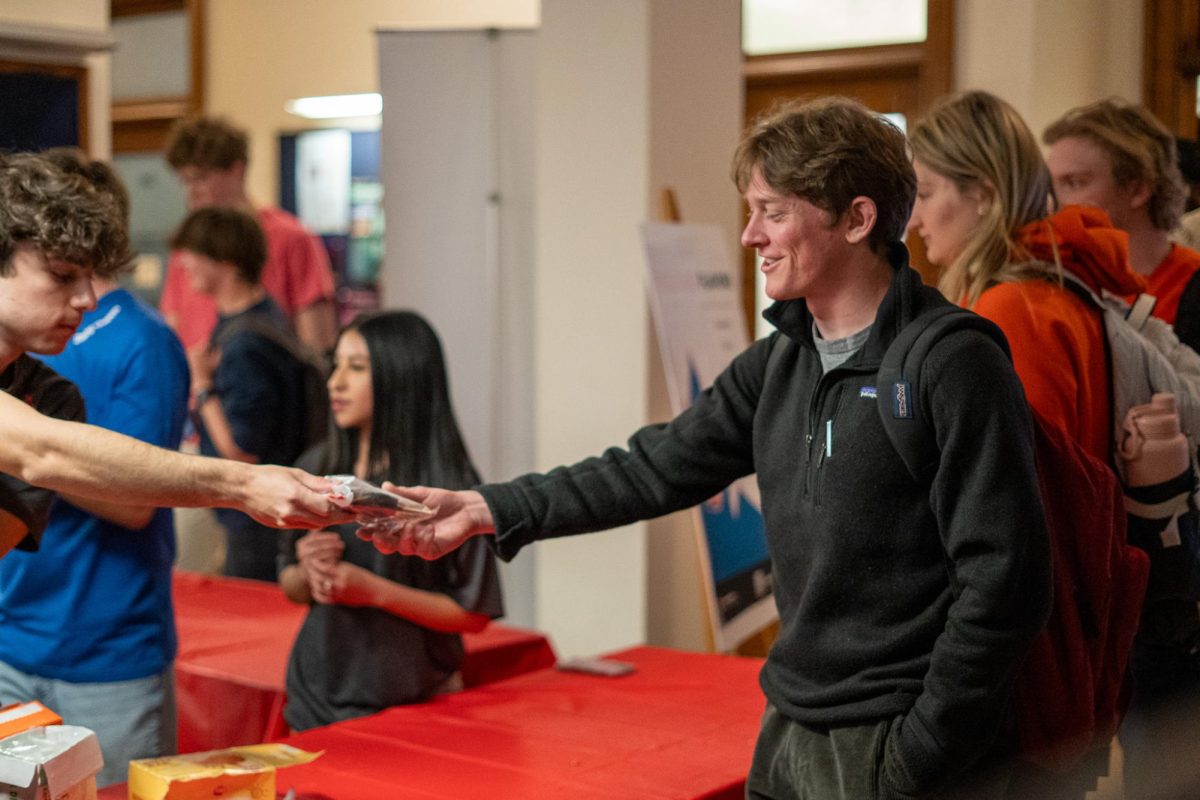Just two years after the University launched Global Campus, the Board of Trustees shut the program down. The Daily Illini has a look at why the program failed and how the University plans to expand its online learning initiative in a two-part series.
Associate Dean of Education Scott Johnson developed a master’s degree program in e-learning (instructing online courses) for the now-defunct Global Campus initiative. But while the rest of Global Campus was under-performing, Johnson’s program exceeded expectations.
“Our numbers were quite good, and we were very satisfied with the growth of the program over two years,” Johnson said.
Now that Global Campus has been terminated, the University will begin to transfer programs created by Global Campus, such as Johnson’s, to the departments in which they were created.
“The programs that used to be run as Global Campus programs are now simply run as campus programs,” said Nick Burbules, Urbana-Champaign Senate member and professor in Education. “Some of the people working for Global Campus are still working for the University. They are already moving their efforts into other online programs.”
Get The Daily Illini in your inbox!
The new move is the result of a July 2009 Board of Trustees meeting, when the three campuses in the University of Illinois system submitted a resolution to the board that called for changes to the way the University approached online learning.
The resolution, named the “e-learning Initiative,” was approved by the trustees. The campuses have been transitioning to this new format ever since, said Charlie Evans, assistant vice president for academic affairs.
“We are not really getting out of the online business,” Evans said. “We’ve begun to transfer the programs that we have developed for Global Campus to the respective campuses.”
Though Global Campus is no longer operating, Burbules credits it for heightening the discussion of e-learning opportunities. “I and many others are determined to have them (the University) continue to grow our online offerings,” he said. “There is a real sense that this is becoming part of our core mission.”
Burbules said the next University-wide e-learning initiative will be called “U of I Online” and will mainly be run as three separate entities by the different campuses. However, Burbules believes the online format can allow for collaboration between the campuses to create the most efficient programs.
“There will be more collaboration between the three campuses to build new programs that they develop together,” he said. “There is no reason why the three campuses cannot contribute classes to an overall program.”
Now that Global Campus is shut down, the College of Education has taken over Johnson’s and other professor’s programs. In the last two years, the college went from four to nine online master’s degree programs. It has offered online programs for the past 12 years.
“We’re very pleased with the possibilities for online and also with the quality of the programs and the education the students get,” Johnson said.
Whereas Global Campus cost $10 million to operate, “U of I Online” will be funded through the money that is already set aside for the colleges in the budget, Evans said.
“What will happen with ‘U of I Online’ is that the campuses will use internal resources to develop programs which will accrue tuition to them,” he said.
In order to avoid having to spend additional money creating these online programs, college administrators will ask professors to direct their attention away from teaching for a semester in order to create a specific program.
“It’s money already being spent to support professors; it’s just being used for this instead of that,” Evans said.
Burbules added that he predicts three forms of e-learning will continue to evolve the way students learn. One method would be a completely online format, where students do not come to campus. The second form is the use of e-Learning in courses through programs such as Blackboard and NetFiles.
The last form of e-learning is what Burbules calls “hybrid” courses, where both on and off campus students are enrolled. According to Burbules, this format will be the fastest growing and evolving aspect of e-learning.
“Students want to take a class at a time that’s convenient for them,” he said. “If the course is available online, on-campus students want to take them as much as off-campus students.”








